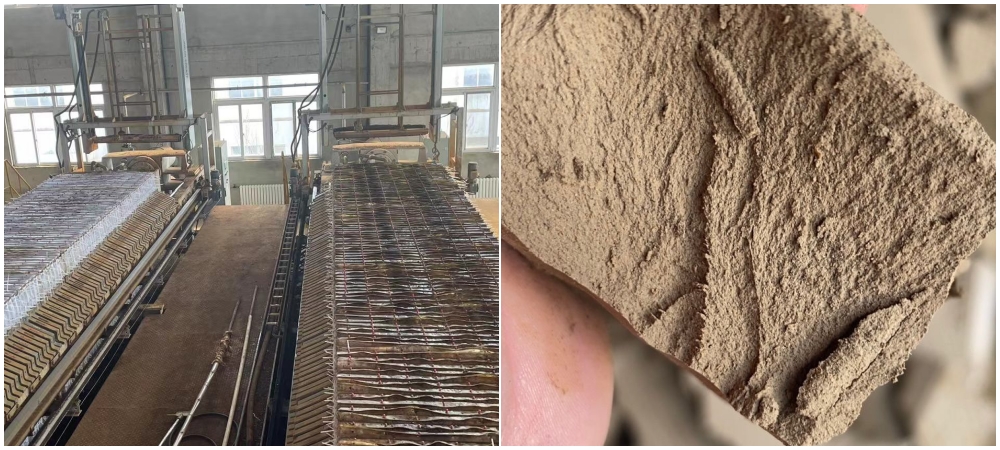
As a filtration medium, industrial filter cloth effectively separates solids from liquids and improves production efficiency. The cake-release performance of filter cloth is a critical indicator affecting the efficiency of filtration equipment.. This performance refers to how easily the filter cake detaches from the cloth under the same conditions and is represented by adhesive stress.
To determine the cake-release performance of industrial filter cloth, compare the adhesive stress between the filter cake and different cloths under the same conditions. After the filtration process, the filter cake adheres to the cloth and requires a specific force to detach. The force per unit area needed for the cake to remove from the cloth is defined as adhesive stress.

A filter cake is an aggregate of liquid and countless particles. Microscopically, there are affinities between liquid and solid phases, as well as between solid particles, which macroscopically manifest as adhesive stress between the filter cloth and the cake. The magnitude of this stress depends on factors such as particle properties, filter cloth characteristics, the saturation of the cake after dewatering, and the mass fraction of the slurry before filtration.
The cake-release performance between the filter cloth and cake can be quantitatively evaluated by measuring adhesive stress. The principle of this measurement is as follows: first, form a filter cake on the cloth using vacuum filtration, then remove the cake via centrifugal force. When the centrifugal force applied to the cake is greater than or equal to the adhesive stress between the cake and cloth, the cake detaches.
Therefore, by measuring adhesive stress, one can scientifically evaluate the cake-release performance of industrial filter cloths. This provides a solid basis for material selection and process optimization, ultimately enhancing filtration efficiency and the operational stability of equipment.